Astana sacks Superman Lopez, what happened?
The Kazakh team issued a brief statement yesterday afternoon terminating the contract with Miguel Angel Lopez after learning new elements about the cyclist's relationship with sports doctor Marcos Maynar and his involvement in the Ilex operation investigating the trafficking of banned substances for sports use.
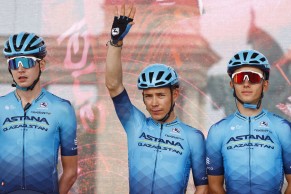
Superman Lopez exits a team with controversy again
A few weeks ago several media published the news that Miguel Ángel Superman López was being investigated within the Ilex operation that the Guardia Civil was carrying out in order to dismantle a network of trafficking of doping substances. The cyclist then came out to deny his involvement in the case.
In July, it came to light that his luggage had been searched at Barajas airport and there was already talk of his involvement in the operation. Astana then suspended him for a few days while his involvement in the case was clarified.
RECOMENDADO

When do helmets have to be changed? Do they have an expiration date?

The best apps for cycling and mountain biking
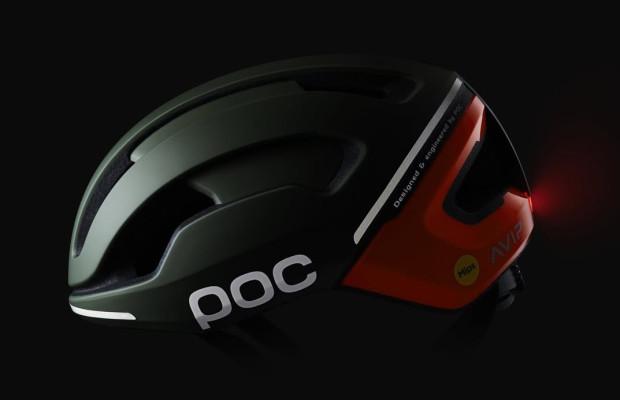
Black Friday 2025 cycling bargains: save on Garmin, POC, Maxxis and more
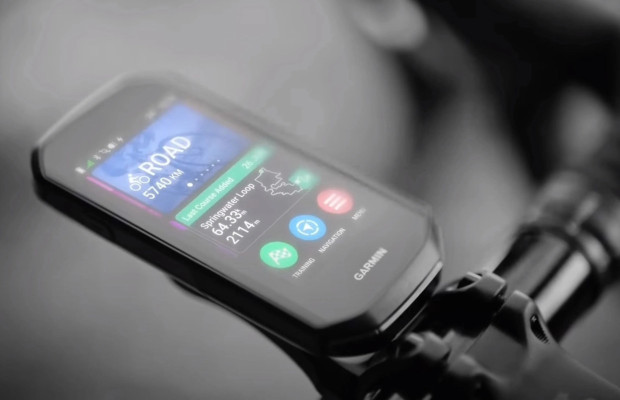
Black Friday Garmin 2025: the ultimate guide to choosing your GPS at the best price
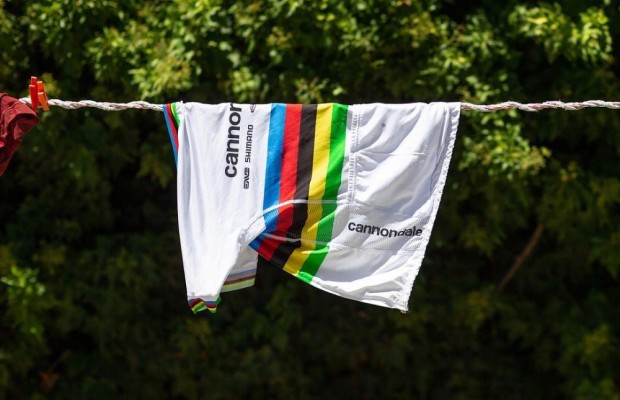
How to wash your cycling clothes? 10 keys to make them always look new

Cycling can help you fight the effects of the time switch
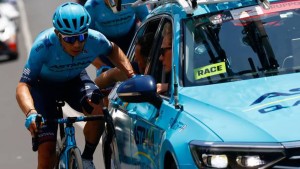
Now, Astana has opted to terminate the contract with the Colombian after learning of new elements in the investigation that would link the Colombian with the alleged ringleader of the plot, Dr. Marcos Maynar, a common name in doping cases in Spanish sport.
It has not taken Superman Lopez long to come forward, reaffirming his innocence and announcing legal action against the Astana team after what he understands to be an "abusive dismissal without fair cause".
Usual suspects
Marcos Maynar, Dr. in Sports Medicine and currently professor at the University of Extremadura, was already arrested in 2014 during the investigation of a network of trafficking of doping substances in gyms. Anabolics and steroids were found in the searches, which the doctor claimed he used in his research.
Before that, his name was already in the doping spotlight in the case of former Athletic Bilbao player Carlos Gurpegui, in which it was alleged that nandrolone could be generated naturally by the body, a report that was eventually dismissed.
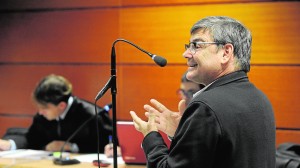
In 2008 it was also linked to the investigation into the death of Portuguese cyclist Bruno Neves from cardiac arrest in the middle of a race. His doctor was Marcos Maynar, who had to face accusations of doping after subsequent investigations into the team uncovered a multitude of doping substances and records of their administration.
More recently, he had to answer in 2015 for his involvement in a case of doping within the Urdaibai rowing team, in which he was also considered to be the ringleader of an alleged doping network.
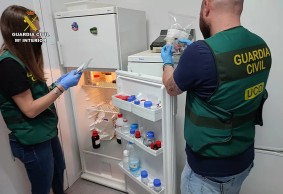
Now, it is the Ilex operation carried out by the Guardia Civil which is once again trying to close in on the activities of Dr Marcos Maynar. An investigation that also involves other illustrious names in national doping such as the cyclist and ex-director of the Kelme team Vicente Belda, whose name was inevitably associated with doping after the sadly famous Operación Puerto that shook world cycling.
Also among those under investigation is his son, also called Vicente, who in his case works as a masseur for the Astana team. The other name that has come to light is that of the former cyclist Ángel Vazquez, who has been banned for life after repeated positive tests for EPO and who in 2012 was involved in the controversy when the Guardia Civil, at the behest of the organization, stopped him when he was riding at the head of the Quebrantahuesos march.
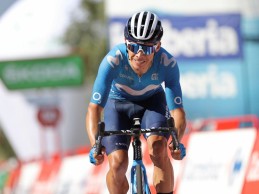
Returning to the exit of Miguel Ángel López from the Astana team, where he had already ridden between 2015 and 2020, it is striking how history repeats itself. Just over a year ago, after La Vuelta a España, the Colombian rescinded his contract with Movistar Team after his abrupt abandonment in the penultimate stage of the Spanish round in which the existing tensions in the team were exposed.